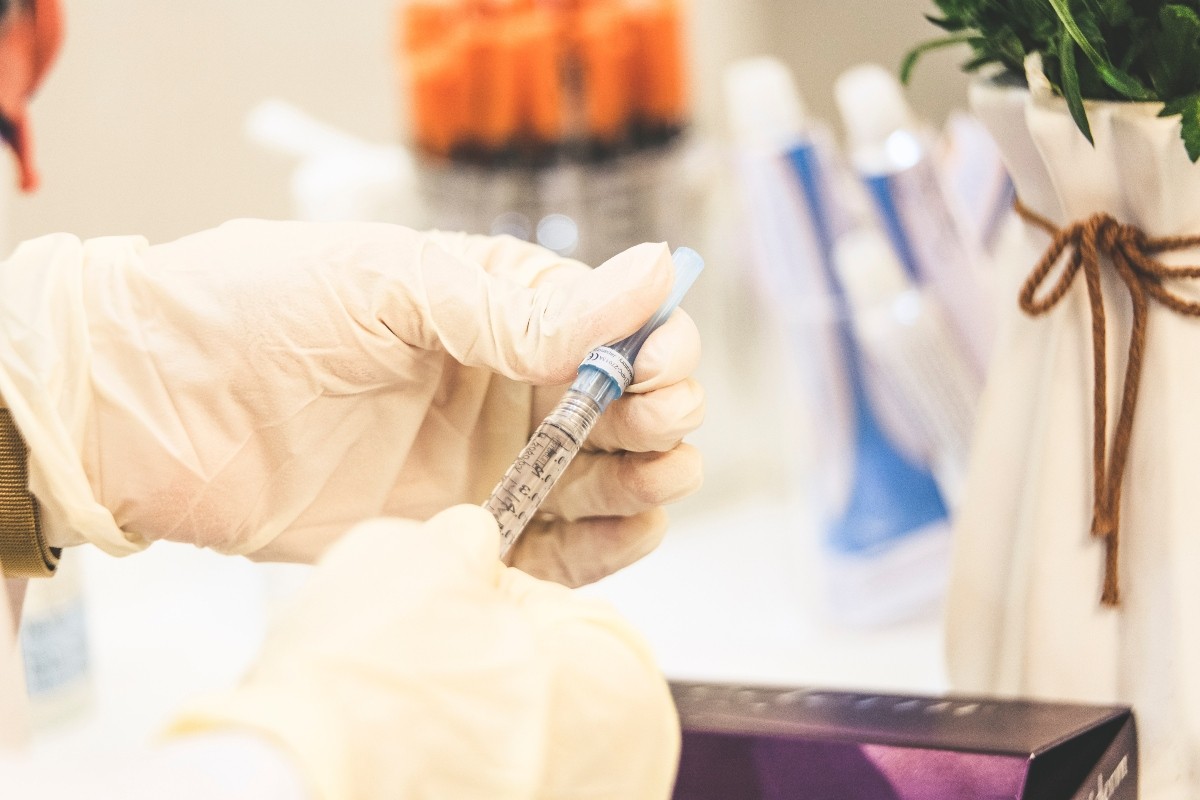Health
CDC finds more cases of blood clotting cases linked to J&J vaccine

WHAT YOU NEED TO KNOW:
- The CDC announced on Wednesday it had found additional cases of blood clotting among people who received the Johnson & Johnson COVID-19 vaccine.
- The agency said it sees a “plausible causal association” between the life-threatening condition and the single injection vaccine.
- Out of the more than 8.7 million doses of the J&J vaccine administered, 28 cases of blood clots were identified.
The Centers for Disease Control and Prevention (CDC) said on Wednesday that it has now found more cases of blood clots with low platelets in people who received the Johnson & Johnson COVID-19 vaccine.
The agency identified 28 cases out of the more than 8.7 million doses of the single injection vaccine that were administered. No confirmed blood clot cases involving any of the mRNA vaccines from Moderna or Pfizer-BioNTech.
As of May 7, four of the 28 people remained in the hospital for treatment. One of the patients with the condition was treated in the ICU, while two have been transferred to a post-acute care facility.
Last month, health agencies paused the administration of the J&J vaccine for 10 days. The agencies used the time to investigate the potentially life-threatening condition and to educate health care providers on how to treat it.
The condition, called thrombosis, is normally treated with Heparin — a blood thinner, which was given to 12 of the patients. But reports say, it only made the condition worse.
Vaccinations were supposed to resume on April 23, but the CDC had found 15 more cases.
On Wednesday, the CDC said all 28 cases occurred before the pause began on April 13. The ages of those affected ranged from 18 to 59 with a median age of 40. Twenty-two of the patients were females while six were males.
Symptoms seem to be similar to what is being reported following AstraZeneca COVID-19 vaccinations in Europe, according to the CDC.
The biggest risk group were women ages 30 to 39 but the highest increase in cases involved women between the ages of 40 and 49.
The CDC reiterated that the potential benefits of the COVID-19 vaccine still outweigh its potential risks.
Source: The Hill
